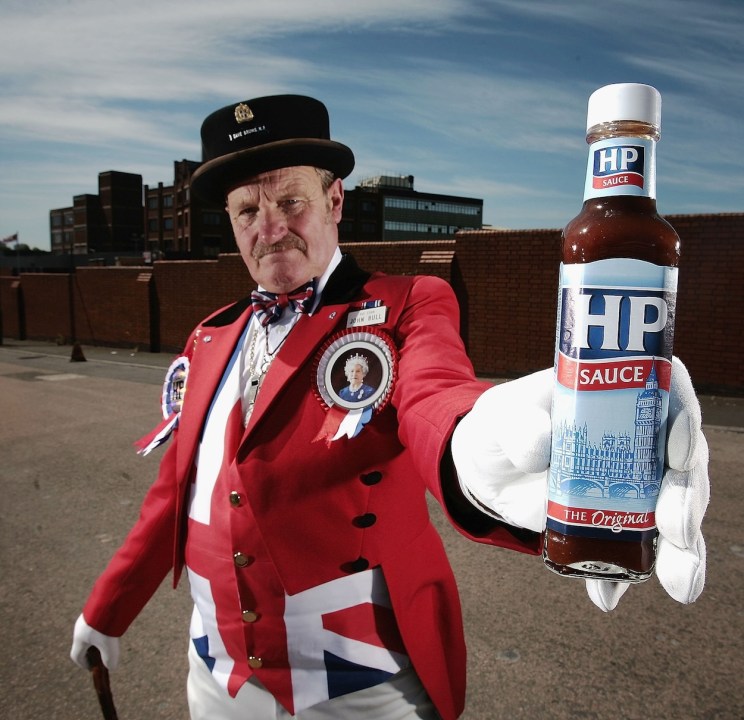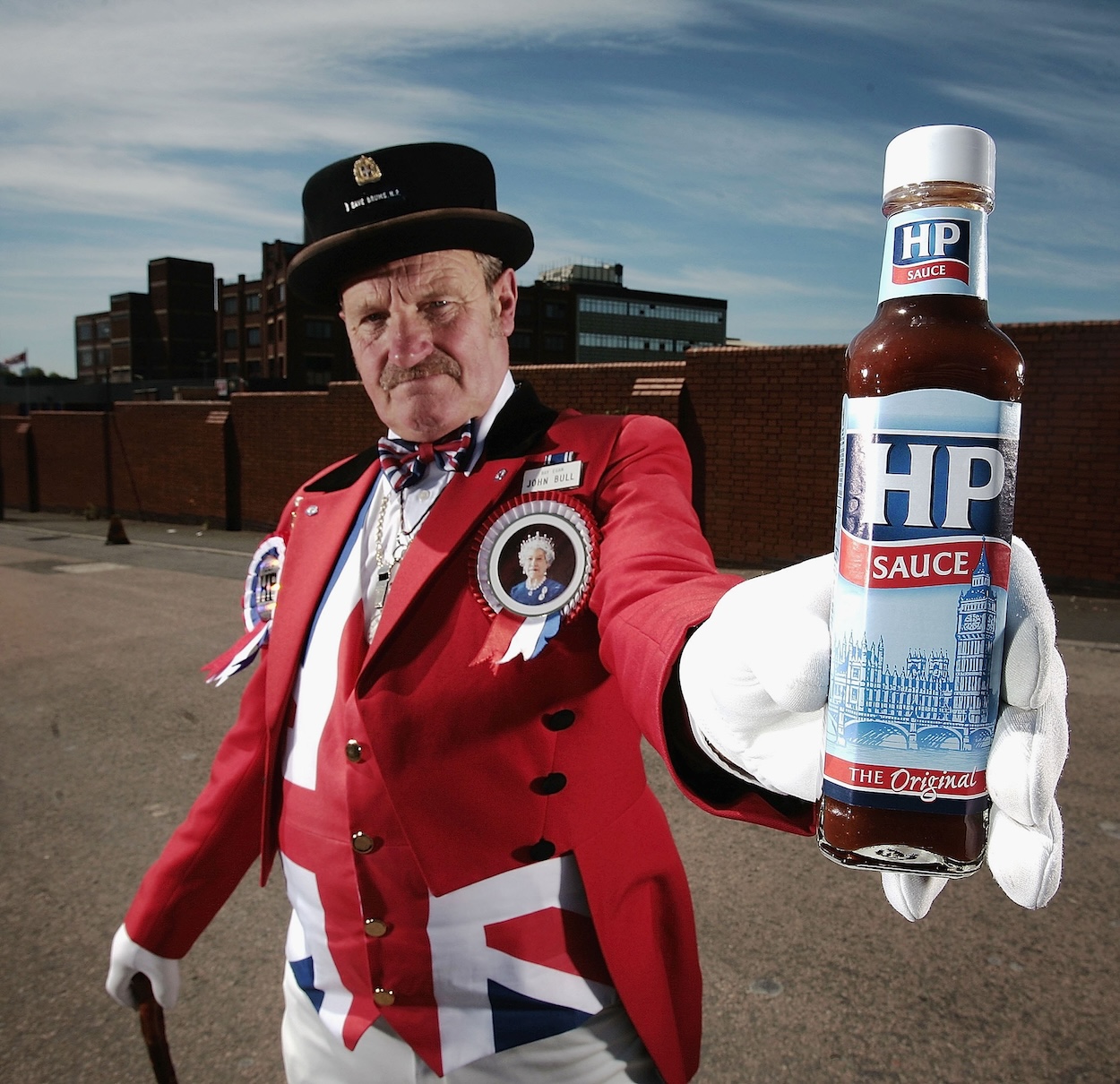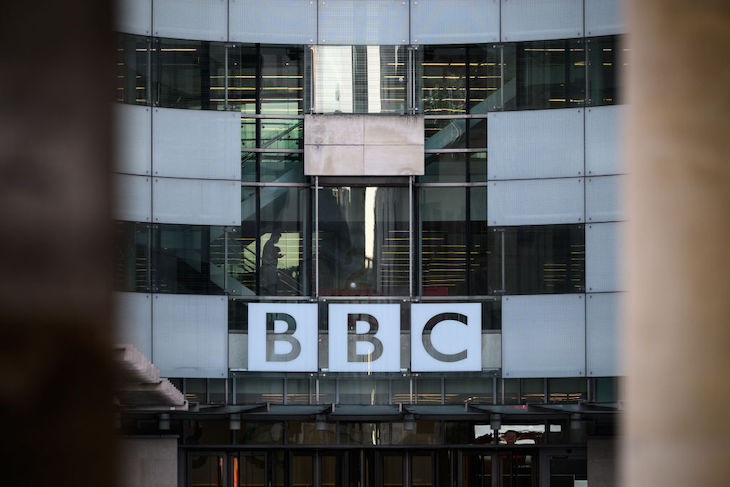
‘Good news for patriots,’ said one of our most celebrated national newspapers this week: ‘Your numbers are likely to swell.’ This was on the editorial page, where the opinions of the paper are laid out, and it referred to a poll conducted by ‘More in Common’ which had found, to everyone’s surprise, that British teenagers are pretty patriotic. About half of all 16- and 17-year-olds feel proud of their country, it found, which is more than their parents.
It was an interesting poll for anyone considering the rise of Reform and how that might interact with the incoming slew of teenage voters. Interesting too for those of us in liberal London, trying to keep the flickering pilot light of patriotism alive in our children’s tiny, K-pop-infested minds. (What’s K-pop? Just pray you never know.)
What struck me about that editorial was the use of the word ‘Your’. Not ‘Good news for patriots, our numbers are likely to swell’, but ‘your ranks’ – you patriots, as if patriots were a laughable special-interest group, like rubber fetishists. This great square-rigger of a national newspaper felt comfortable assuming that even its centre-right readers find patriotism ridiculous – that the burst of youthful national pride reported in its news pages was an amusing anomaly. But it’s wrong. The kids aren’t patriotic because monobrowed racists have infested their Twitter feeds, or because all those St George crosses draped from lampposts have inflamed their feeble senses. They’re patriotic because loving your country is a completely normal response to living in it. And because, with any luck, the snobbish revulsion so many educated English men and women feel at the sight of their own flag is starting to fade.
It is globalism, not patriotism, that’s the delusion – that seems clear to me. I have friends and colleagues who have done their damnedest to raise their children as citizens of the world, at home with all and every creed and culture, without recognising that they themselves are happily rooted in this country. They look back with fondness at Beatrix Potter, Enid Blyton, C.S. Lewis; come over all misty at the thought of Cornwall or Devon or the sight of a Georgian facade. They love dogs the way that the British have always loved dogs, since long before the Romans arrived, and they’re perfectly happy to feel a sense of spiritual belonging that reaches back to Britain’s pre-Christian past. Ironically, for a gang of Europhiles, it’s the Romans that give them the ick – and Empire.
But you don’t have to love every twist of your country’s history to be a patriot. I’m deeply proud of my family, for instance – but I’d have to be round the twist to approve of everything they’ve ever done. To be proud in this way is to feel a sense of belonging and responsibility – and isn’t that just what we always say young people need?
These kids are patriotic because loving your country is a normal response to living in it
So send in the children to school with strings of George Cross flags, drape them over the desks. No – I’m joking. It’s quite possible, with the Met the way they are, that even writing that constitutes a hate crime. What I do suggest though is that, cheered by the patriot poll, we work away like Jesuits for the formation of more British souls, ensuring the ranks of patriots have swelled even more by the time the pollsters return.
I’ve already mentioned my debt to Lord Moore of Etchingham for recommending the Ladybird ‘Adventures from History’ series, written mostly by the fabulous L. du Garde Peach. My son’s current favourite is King Alfred the Great – nothing like the sight of a Viking warlord on his knees converting to Christianity to help digest a packed lunch. Then there’s Rosemary Sutcliff.
Aris Roussinos wrote a recent essay for UnHerd urging readers to revive their interest in mythic Britain and to rediscover Sutcliff, the great postwar writer of historical fiction. ‘In today’s circumstances, where it is not hard to see a nascent British nation-state struggling to be born from the collapsed star of Empire, the stirring tales of imperial derring-do suitable for Edwardian prep schools will not do. What is required here is something homelier, cosier, more nostalgic and intimate: something of “ourselves alone”, as an earlier nationalist movement phrased it.’ Roussinos in particular recommends Sutcliff’s great Arthurian novel Sword at Sunset, written in what she described as trancelike ‘possession’.
For the junior patriot, I’d recommend Sutcliff’s Arthurian trilogy for children – The Sword and the Circle, The Light Beyond the Forest, The Road to Camlann – which my nine-year-old and I have just read together. One of these days I’ll tell you more about the unbeatable sex ed and relationship lessons you can cover with a pre-teen just by reading and discussing Sutcliff’s King Arthur story. In the first few chapters there’s unbearable lust (Lancelot and Guinevere), unplanned babies (Mordred), one-night stands (Lancelot and Elaine), brave men undone by vengeful nut-jobs (Morgause).

For the purpose of patriotism, it’s far more than just a tale of England at a particular time and place. ‘At one level it is the story of King Arthur’s knights searching for the cup of the Last Supper,’ wrote Sutcliff. ‘On a deeper level, like The Pilgrim’s Progress, it is an account of man’s search for God. But the medieval Christian story is shot through with shadows and half-light and haunting echoes of much older things; scraps of the mystery religions which the legions carried from end to end of the Roman Empire; above all, a mass of Celtic myth and folklore.’
Patriotism doesn’t have to lead to nationalism. Understanding the history and myths of your country, and having the sense that you belong to them, makes it easier to understand the history and myths of others. Conversely, if you try to belong to all nations equally, you’ll belong to, and care for, none.









Comments